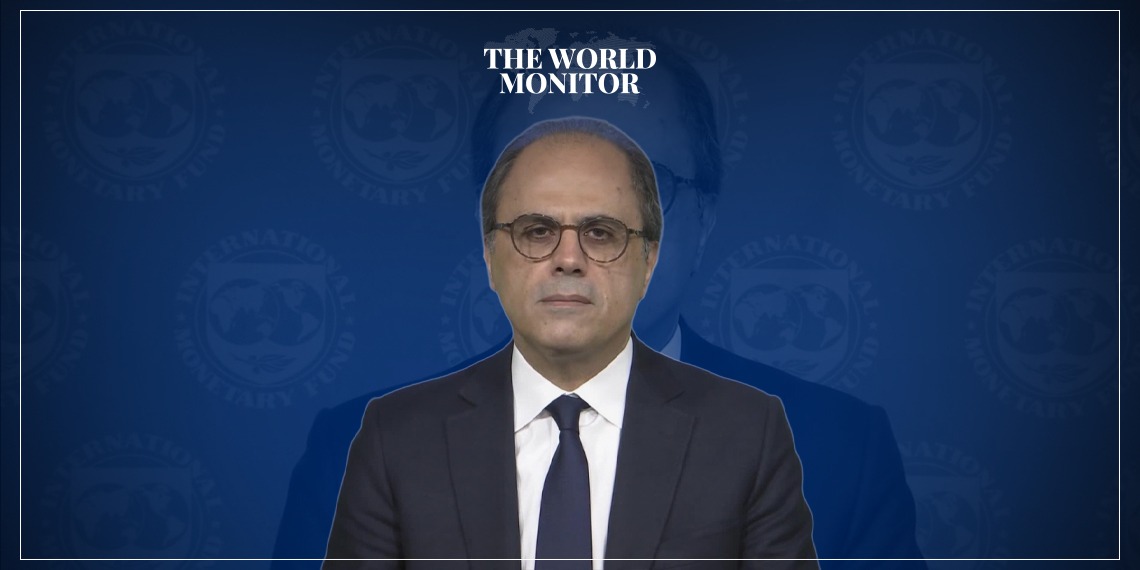Jihad Azour, the Director of the Middle East and Central Asia Department at the International Monetary Fund (IMF), has underscored the importance of the United Arab Emirates’ (UAE) investment in Egypt. Azour clarified that the connection between the IMF’s loan size to Egypt and the issue of refugees from the Gaza Strip is inaccurate. He noted that the program had been formulated approximately a year and two months ago, with the first and second reviews conducted before the Gaza conflict.
Azour, in an interview with “Al Arabiya Business,” stated, “UAE investment in Egypt is a significant development, but it is not linked to the IMF’s discussions with Cairo. These two matters are entirely separate, and we have not yet been briefed on the details of the deal between the UAE and Egypt.”
He went on to explain that the talks between Egypt and the IMF are tied to economic reforms in Egypt, enhancing the role of the private sector, activating social protection measures, and instilling confidence in the economy for its upliftment.
Azour emphasized that exchange rate flexibility is a crucial aspect to shield the Egyptian economy from external shocks. In recent years, Egypt and other economies have faced shocks that have impacted their economies, and Azour affirmed that this policy is accompanied by financial measures to reduce inflation, which is relatively high in Egypt—a global and regional challenge.
On a related note, last Friday witnessed the Egyptian Prime Minister, Mustafa Madbouly, overseeing the signing ceremony of the largest direct investment deal in Egypt’s history with the UAE, aimed at developing the Ras El Hekma area in the northwest coastal region.






